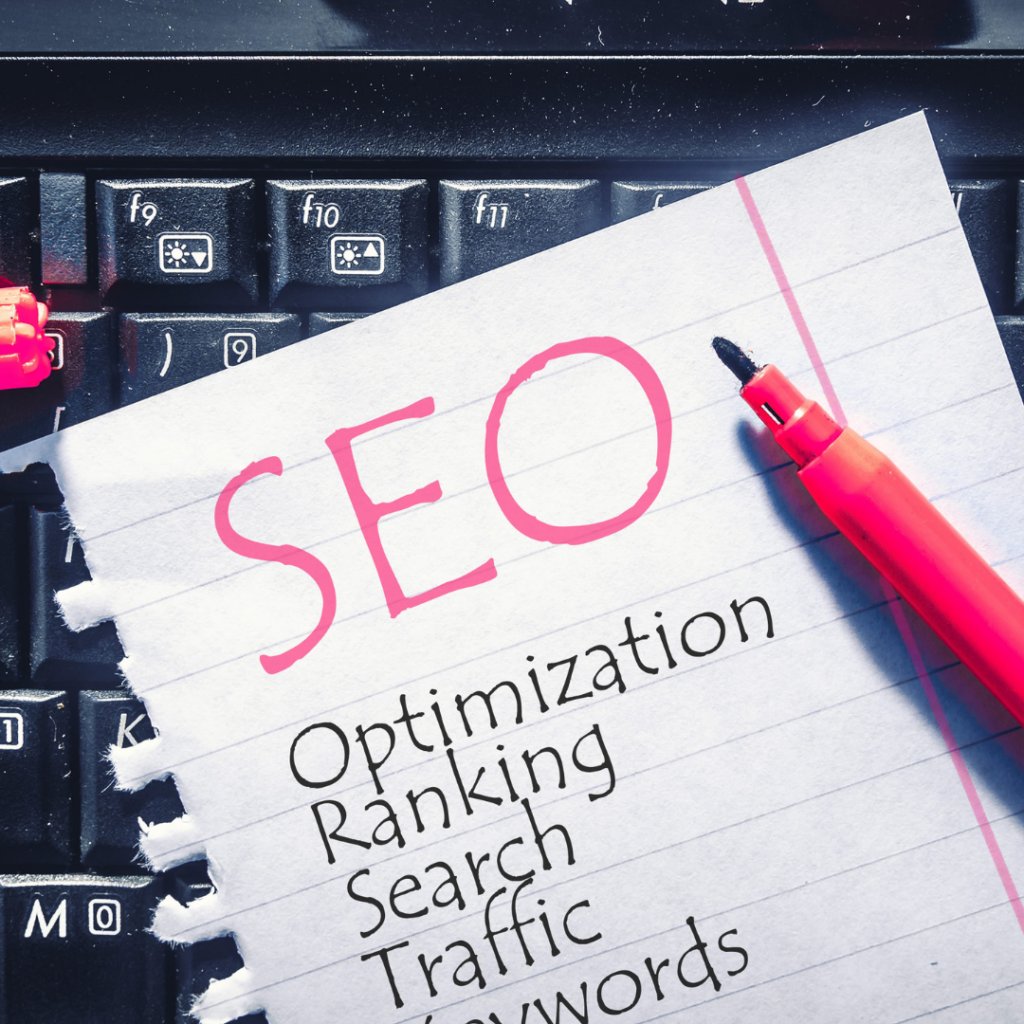Search engine optimization (SEO) is no longer about gaming algorithms. In 2025, SEO is about delivering real value to your audience—intentionally and consistently. Whether you’re running a blog, service business, or eCommerce site, mastering the evolving landscape of SEO is essential to driving organic traffic and meaningful engagement.
Google’s Core Mission: Serve the User
Google’s algorithm is smarter than ever. The search engine now deeply understands context, intent, and natural language. What does that mean for you? You need to go beyond keyword matching. You need to understand what users mean when they type a query.
For example, someone searching for “best running shoes for beginners” wants more than a product list—they want advice, comparison, credibility, and clarity. The content that meets all those needs wins.
EEAT: The New Standard
Google evaluates content quality using the EEAT framework: Expertise, Experience, Authority, and Trust.
- Expertise: Are you knowledgeable about the topic?
- Experience: Have you actually used, implemented, or tested what you’re talking about?
- Authority: Is your site referenced by other trusted sources?
- Trust: Is your site secure, user-friendly, and transparent?
To satisfy EEAT in your content:
- Include author bios with credentials
- Add case studies or personal insights
- Show social proof, certifications, and links to credible sources
- Ensure a secure (HTTPS) and well-designed website
Google’s goal is to surface content that not only answers questions, but does so with credibility.
On-Page Optimization Still Matters

While EEAT and intent are crucial, on-page SEO isn’t going anywhere. Every blog post or service page should include:
- A compelling H1 and subheadings (H2, H3)
- Targeted but natural keyword usage
- Internal links to related pages
- Alt text for all images
- Meta descriptions that entice clicks
- Clean URL structures (e.g., /seo-strategies-2025 instead of /page?id=123)
These elements help both search engines and users understand your content faster.
The Rise of Semantic Search
Search engines now look beyond exact-match keywords. Thanks to AI, Google understands synonyms, context, and user behavior across a topic cluster.
Instead of writing dozens of pages targeting individual keyword variations, focus on pillar content supported by topic clusters. For example:
- Pillar: “Ultimate Guide to SEO in 2025”
- Cluster content: “Technical SEO Checklist,” “Best Tools for On-Page SEO,” “What is Semantic Search?”
This structure builds depth, relevance, and better ranking potential.
Technical SEO: The Foundation
If your website is slow, broken, or hard to crawl, no amount of great content will help. Your technical SEO health needs regular maintenance.
Make sure your site:
- Loads in under 3 seconds
- Is fully mobile-responsive
- Uses SSL encryption (https)
- Has a clean XML sitemap
- Has no broken links or duplicate content
- Implements schema markup for rich results (e.g., FAQs, events, reviews)
Run regular audits with tools like Screaming Frog, Ahrefs, or Google Search Console.
Link Building in 2025: Smart and Strategic
Backlinks are still a major ranking factor—but the emphasis is on quality, not quantity.
Ways to earn strong backlinks:
- Guest posting on industry-relevant blogs
- Publishing original data or studies
- Creating linkable assets (tools, calculators, long-form guides)
- Building relationships with thought leaders and journalists
- Getting featured on podcasts or industry roundups
Avoid spammy directories or paid link schemes. Google is great at identifying manipulation.
Local SEO & Voice Search
With mobile and voice searches rising, local intent optimization is essential for service-based businesses.
- Claim and verify your Google Business Profile
- Use consistent NAP (Name, Address, Phone) across listings
- Encourage and respond to reviews
- Add location pages if you serve multiple areas
- Use natural, question-based phrases for voice search optimization
Example: “Who offers dental implants near me?” needs to be answered directly, conversationally, and clearly.
Content Freshness and Frequency
Google rewards websites that show ongoing value and relevance. Update existing content regularly, especially if it’s performance-focused. Post new content consistently—but only if it’s high quality.
Content ideas to fuel your strategy:
- How-to guides and tutorials
- Industry trend analysis
- Tool reviews or comparisons
- Case studies and success stories
- Expert interviews
- FAQ hubs
Quality content is the heart of great SEO.
Measuring Success
Set clear SEO KPIs to track progress:
- Organic traffic (Google Analytics & Search Console)
- Keyword rankings (via Ahrefs, SEMrush, etc.)
- Conversion rates from organic visitors
- Bounce rate and time on site
- Backlink growth
SEO is a long game. Results compound over time when efforts are consistent and data-driven.
Final Thoughts
SEO in 2025 is about depth over tricks, intent over impressions, and user trust over vanity metrics. If your content genuinely helps users and your site is technically sound, your rankings will reflect it.
Whether you’re optimizing an old site or launching something new, focus on being helpful, authentic, and strategic and watch your organic visibility grow.





